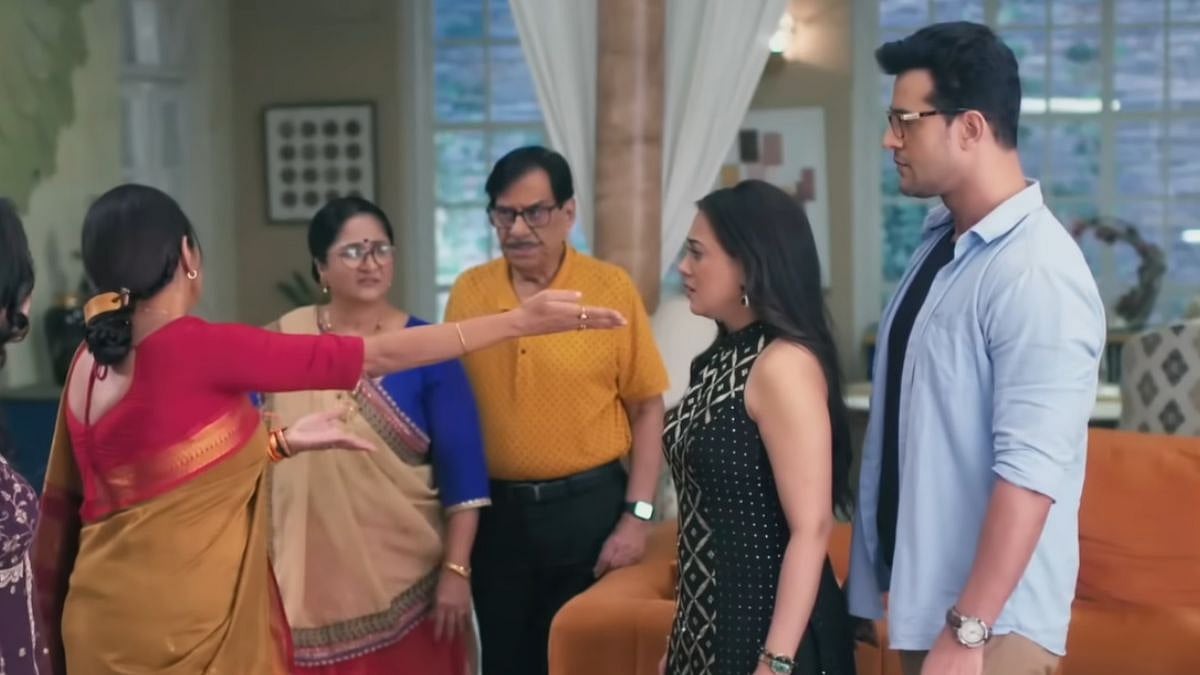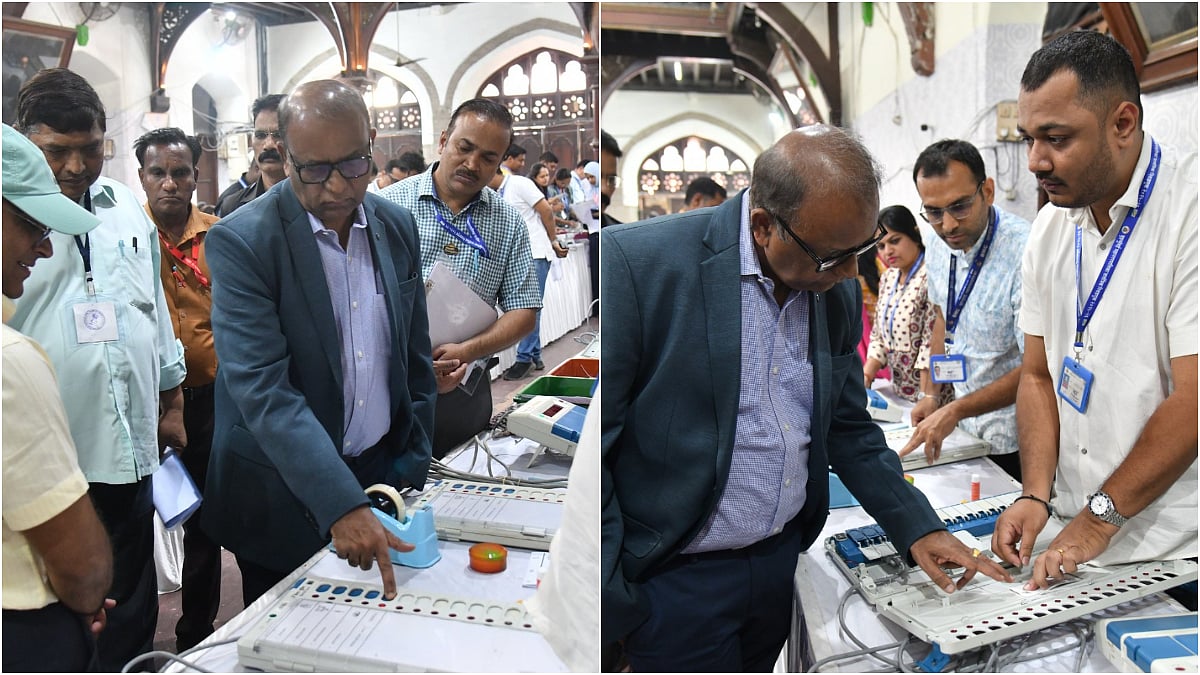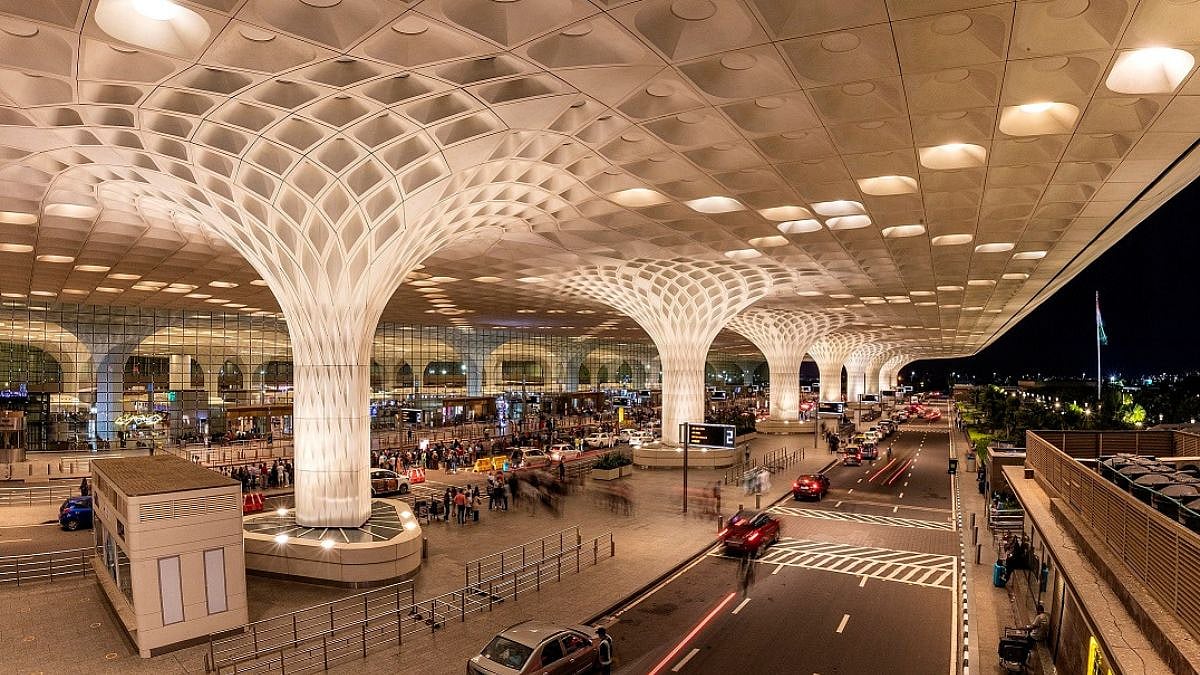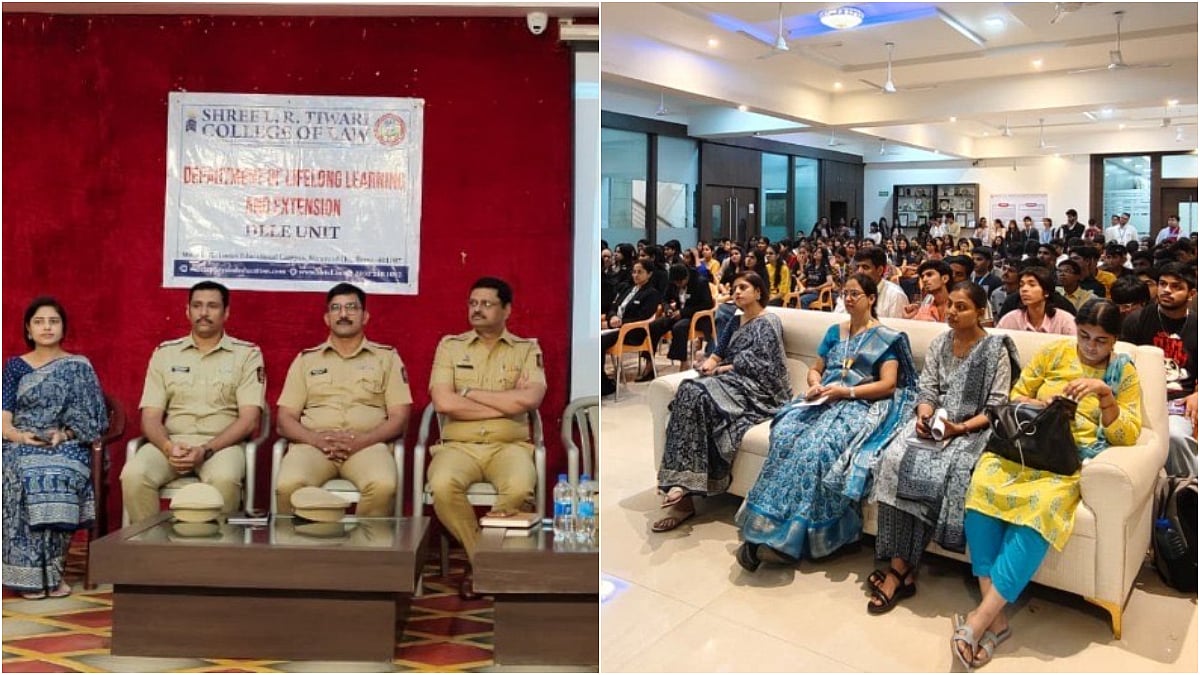Mumbai witnesses a severe health hazard as the Particulate Matter (PM) 2.5, which is considered to be an extremely minute pollutant that enters the lungs and bloodstream easily, crossed the 'very poor' mark on Tuesday owing to the Diwali firecrackers, the retreat of the monsoon, and stagnant winds.
The overall AQI (Air Quality Index) of Mumbai was 305 ug/m3 (very poor) on Tuesday. Although, experts advised citizens to avoid activities related to heavy exertion and wear masks while heading outdoors.
According to the System of Air Quality and Weather Forecasting and Research (SAFAR), on Tuesday, the AQI of PM 2.5 in Mumbai was 126 ug/m3 (very poor) and is predicted to be 119 ug/m3 (poor) on Wednesday.
SAFAR's data revealed that the most polluted regions in Mumbai on Tuesday were Malad, Chembur, Andheri, BKC, and Mazgaon (all in very poor category), and the same regions are predicted to be in the same category on Wednesday as well.
The anti-cyclonic condition aggrevates all air pollution
While explaining this current deteriorated air quality in Mumbai, Gufran Beig, project director, SAFAR, said, "During the last two years, there was continuous rainfall before and after Diwali because of which the pollutants in the atmosphere were getting washed out.
But this year, as the monsoon has recently withdrawn, there is an anti-cyclonic condition that causes wind stagnation, which makes the winds calm and reduces their speed. If during such a condition, there is even a small amount of bursting of firecrackers and other emissions, this aggravates the entire air pollution of that region.
This Diwali, Mumbai faced this exact phenomenon where the winds were stagnant and there was a significant amount of bursting of firecrackers—this made the air quality plunge into the 'very poor' category since Monday night and remained in the same category the entire day on Tuesday as well."
Delhi had a blanket of smoke a day after Diwali
Meanwhile, a day after Diwali, Delhi was covered in smog as the overall air quality of the city remained in the "very poor" category with an AQI of 323 ug/m3, while Pune had a "poor" overall AQI of 208 ug/m3.
Dr. Virant Shah, physician and infectious disease specialist at Zen Multi Speciality Hospital, Chembur, said, "PM 2.5 can be more harmful as compared to PM 10, as it is generally 2.5 micrometers in diameter or smaller, and due to its smaller size, it can enter deep into the lungs.
People are getting respiratory problems, recurring coughs, and bronchitis. Other organs can also be affected, like the skin and eyes. There can be redness or irritation in the eyes."
Wear masks and maintain hygiene
The expert added, "Due to the pandemic, we have become used to wearing a mask, and that practise should be continued even during high air pollution days. Additionally, outdoor activities requiring too much exertion should be avoided, Additionally, citizens should maintain hygiene, and people who have low immunity and a history of lung diseases should take more precaution."
According to the reports of IQAir, a Swiss company that monitors air quality, Mumbai’s annual PM 2.5 pollution level was 9 times above the WHO limit in 2021. Compared to 2020, Mumbai's air quality has seen a rise. In 2020 it was 41.3 µg/m3 and in 2021 the annual air quality was 46.4 µg/m3. The WHO limit for PM 2.5 pollution levels is 5 µg/m3.
VOICES:
Dr. Salil Bendre, Head and Senior Consultant, Pulmonology, Nanavati Max Super Speciality Hospital, said, "As the air quality index deteriorates during Diwali due to additional smoke, dust, and pollution, all respiratory allergies are aggravated, the commonest being asthma and bronchitis. At each Diwali, we advise all asthma patients to travel to less polluted regions with minimal firecrackers, use inhalers regularly, and keep the rescue inhalers on themselves at all times and use them as soon as they experience the symptoms. "
"Firecracker use has been more intense this Diwali as we are celebrating it after two years. However, apart from firecrackers, indoor air pollution is caused by pre-Diwali dusting, sweeping, and cleaning. The mites, or allergens, are microscopic organisms that enter the airway via the nose and cause an allergic chemical reaction that results in respiratory infections. It is essential to use masks while cleaning houses to avoid the ill effects of indoor pollution as well," said the officer.
Teena Varghese, Santacruz
I was travelling from Brovila to Santacruz on Monday night, and due to the bursting of firecrackers, a visible haze of smoke was present all around me, which was quite alarming. This was more persistent and more visible during the early morning hours on Tuesday. We have stopped wearing masks now, but I think it was good practise and we should start using them again for our own safety.
Aniket Pandey, Nalasopra
The Diwali crackers were not only causing air pollution, but the bursting of loud crackers was going on till early morning, 4 am. I saw the alert about pollution levels on my phone in the morning and realised that they had increased a lot. We tend to avoid air pollution, but we should understand that it has become a threat and that the government should take more serious steps to curb this issue.









